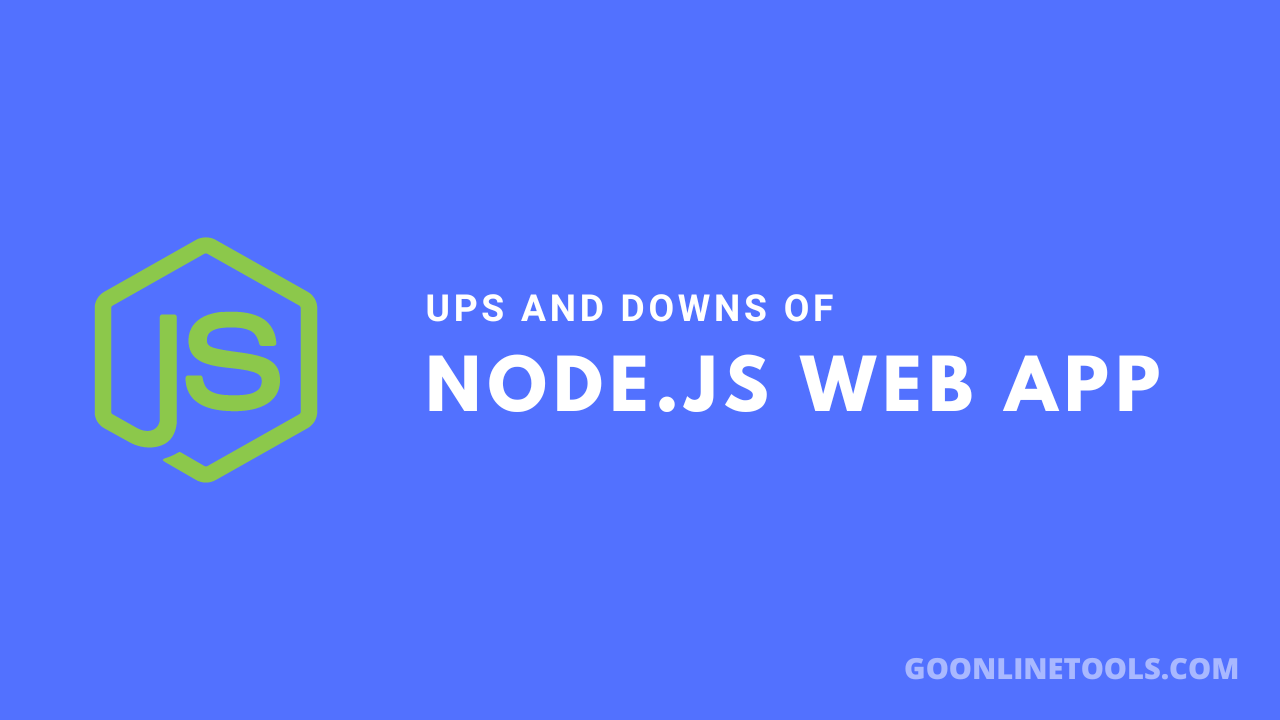
The process of writing code, however, can be daunting for both beginners and seasoned programmers alike.
Photo by cottonbro studio: https://www.pexels.com/photo/boy-in-white-t-shirt-sitting-on-chair-in-front-of-computer-4709285/
Looking to excel in a coding interview? Successfully navigating the complexities of programming requires the strategic use of essential tools. Such tools are crucial for simplifying the development workflow, boosting productivity, and improving the quality of your code.
Integrated Development Environments (IDEs)
Integrated Development Environments (IDEs) are the cornerstone of programming productivity, acting as the powerhouse of coding efficiency. These comprehensive environments provide developers with a suite of tools and features designed to simplify the coding process.
With tools such as code editors, compilers, debuggers, and version control systems, IDEs offer a unified platform that streamlines the development workflow. This seamless integration facilitates a more efficient coding process, enabling developers to focus on writing high-quality code rather than toggling between disparate tools.
IDEs like Visual Studio Code, IntelliJ IDEA, and Eclipse stand out for their robust functionality. They offer features such as syntax highlighting, code completion, and debugging capabilities that vastly improve coding efficiency.
These IDEs support a wide range of programming languages and frameworks, making them versatile tools for developers working in diverse development environments.
- Visual Studio Code:
A lightweight yet powerful source code editor that runs on your desktop. It comes with built-in support for JavaScript, TypeScript, and Node.js, and has a rich ecosystem of extensions for other languages such as C++, C#, Python, PHP, and Java.
- IntelliJ IDEA:
Known for its robustness, IntelliJ IDEA is a preferred IDE for Java developers. It offers advanced coding assistance, automation, and supports a multitude of languages and frameworks beyond Java.
- Eclipse:
An open-source IDE primarily for Java, Eclipse also supports C/C++, PHP, and JavaScript development through plugins. Its extensive plugin ecosystem allows for customization and extension to fit any programming needs.
The adoption of an IDE can significantly impact a developer’s productivity and efficiency. By automating routine tasks and offering intelligent suggestions, IDEs reduce the potential for errors and enhance code quality.
Version Control Systems
Version control is an essential practice in modern software development, serving as your code’s time machine. It allows developers to track and manage changes to codebases, facilitating collaboration and ensuring that any version of a project can be retrieved at any time.
Git, along with platforms like GitHub, GitLab, and Bitbucket, has become the standard for version control due to its efficiency and scalability.
- Git:
A free and open-source distributed version control system designed to handle everything from small to very large projects with speed and efficiency.
- GitHub:
Provides cloud-based hosting for Git repositories, simplifying team collaboration. GitHub has revolutionized how developers store code and contribute to open-source projects.
- GitLab:
Offers a comprehensive DevOps platform, not just a repository manager. GitLab includes CI/CD tools and supports private repositories, known for its powerful merge request feature.
- Bitbucket:
Catered to professional teams, offering unlimited private repositories and deep integration with JIRA, Trello, and other Atlassian products.
The integration of version control systems into the development process enhances collaboration among team members, secures code history, and streamlines project management.
Code Editors
Transitioning from the structured world of IDEs and version control systems, code editors offer a more flexible and lightweight environment for coding.
They serve as essential tools for developers in search of a straightforward yet potent interface for writing and editing code. Distinguished from IDEs, code editors are generally faster and boast the ability to be customized extensively with plugins and extensions, supporting a wide array of programming languages and development tasks.
While IDEs provide a comprehensive suite of features for development, there are instances when a lightweight code editor is precisely what’s needed.
For quick edits, script writing, or projects with lighter requirements, code editors like Sublime Text and Atom shine due to their speed, flexibility, and community-driven enhancements.
- Sublime Text:
Celebrated for its rapid performance and efficiency, Sublime Text provides an exceptionally fast and feature-rich text and development environment. Its “Goto Anything” feature facilitates swift navigation to files, symbols, or lines, making it a favorite among developers for its productivity enhancements.
- Atom:
Designed as a hackable text editor for the 21st century by GitHub, Atom is open-source and highly customizable. It’s adept at handling multiple programming languages and file formats, making it a versatile choice for developers who value customization and flexibility.
The choice between code editors and IDEs often boils down to the specific needs of the project and the personal preference of the developer. Code editors, with their speed and adaptability, offer an appealing option for those who prioritize a streamlined, efficient coding environment.
Debugging Tools
Debugging is an indispensable step in the development cycle, crucial for ensuring that code is error-free and behaves as intended. Tools like Chrome Developer Tools, tailored for web development, and IDE-integrated debuggers for other programming languages, are pivotal in this process.
- Chrome Developer Tools:
Embedded directly within the Google Chrome browser, this suite of web developer tools is instrumental in on-the-fly page editing and problem diagnosis. These tools significantly aid in the creation of better, more efficient websites by allowing developers to quickly identify and rectify issues.
- IDE-integrated debuggers:
Most IDEs are equipped with built-in debuggers that support intricate debugging features like step-through execution, breakpoints, and variable inspection. These functionalities simplify the process of discovering and correcting bugs in the code.
Debugging tools are vital for maintaining the integrity of the codebase and ensuring the delivery of high-quality software.
Continuous Integration and Continuous Deployment (CI/CD) Platforms
CI/CD platforms are at the forefront of automating software delivery processes. They compile, test, and deploy code upon every change, maintaining the application in a constant state of readiness for deployment.
- Jenkins:
An open-source automation server, Jenkins empowers developers worldwide with the tools to build, test, and deploy their software reliably. Its extensive plugin ecosystem allows for the customization of the build process to suit various development needs.
- Travis CI:
This hosted continuous integration service is designed to build and test projects hosted on GitHub and Bitbucket. Travis CI simplifies the process of integrating changes into the project, ensuring that new code contributions do not break the build.
- CircleCI:
Providing cloud-based CI/CD, CircleCI enhances the development process by automating the build, test, and deployment phases. This ensures rapid delivery of software, aligning with the agile methodology of continuous improvement and deployment.
Final Word
Transitioning from IDEs to code editors like Sublime Text and Atom offers developers a nimble and customizable coding environment, ideal for simpler projects or quick edits.
These tools stand out for their speed, adaptability, and the ability to enhance productivity through a wide array of plugins and themes. Selecting the right code editor can significantly streamline your coding process, hinting at the importance of choosing tools that best fit the task at hand.
Editorial Team
The Editorial Team at GoOnlineTools.com specializes in delivering cutting-edge information on technology.
View all postsComments 0
No comments yet. Start the conversation!





